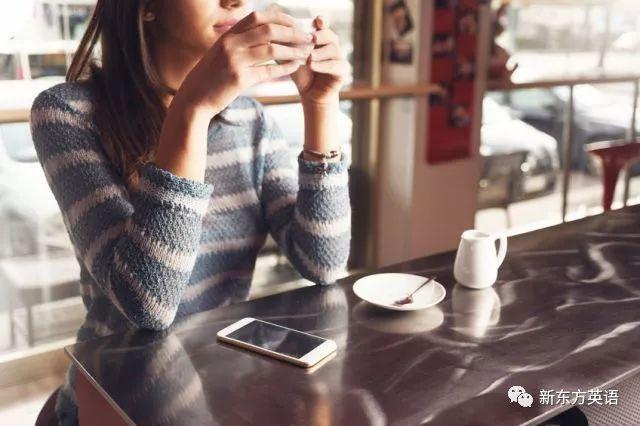学霸进阶篇:不会区分可数和不可数名词?杯具了,出国连咖啡都不敢点!
学霸进阶篇:不会区分可数和不可数名词?杯具了,出国连咖啡都不敢点!

在英语国家旅行,如果想走进街边的一家咖啡店,为自己和同行的伙伴点一杯或者几杯咖啡,你会区分coffee的可数和不可数形式吗?
描绘“食物”和“饮料”的英文词汇既有可数名词,也有不可数名词。通常情况下,食物和饮料作为“物质”是不可数的,但表示单份或者多份(特别是在咖啡馆点咖啡的情况下)则是可数的。

例句
This café serves excellent coffee. (uncountable: substance)
这家咖啡厅供应特别棒的咖啡。(不可数:物质)
They ordered three coffees. (countable: three cups of coffee)
他们点了三杯咖啡。(可数:三杯咖啡)

另外,当我们谈论特定类型的食物时,通常使用可数名词。

例句
I don’t like too much cheese on my pizzas. (uncountable: substance)
我不喜欢比萨饼上太多的奶酪。(不可数:物质)
They make a wide range of blue cheeses. (countable: specific types)
他们制作各种各样的蓝纹奶酪。(可数:特定类型)
也就是说,作为物质是不可数的,而这些物质的特定类型是可数的。

例句
All the furniture is made from real wood. (uncountable: substance)
所有的家具都是用实木制成的。(不可数:物质)
The woods they use are oak and mahogany. (countable: specific types)
他们使用的树林是橡木和桃花心木。(可数:特定类型)
相似的是,我们有时会使用不可数名词来讨论流程、情况、条件等等,而用可数名词来讨论它们的具体实例:

例句
The decision will require a lot of thought. (uncountable: process of thinking)
这个决定需要很多思考。(不可数:思考的过程)
What are your thoughts on Max’s suggestion? (countable: specific ideas)
你对Max的建议有什么想法?(可数:具体的想法)
We are worried about the spread of disease. (uncountable: illness in general)
我们担心疾病的传播。(不可数:一般疾病)
These diseases are spread by poor hygiene. (countable: specific illnesses)
这些疾病由于卫生条件差而传播。(可数:特定疾病)
在某些情况下,可数性 (countability)会让两个单词的含义完全不同,比如:

例句
This dictionary has simplified definitions. (countable: explanations of a word)
这本字典有简化的释义。(可数:解释一个词)
The definition on these photos is very good. (uncountable: how clear the picture is)
这些照片的清晰度非常好。(不可数:图片的清晰度)
有时,可数性表示不完全相同,但又相关的含义:

例句
She was wearing a long dress. (countable: item of clothing)
她穿着一件长裙。(可数:一条长裙)
Formal dress is expected at the event. (uncountable: style of clothing)
在活动中要穿正式服装。(不可数:服装风格)
They bought some land near their home. (uncountable: area)
他们在家附近买了一些土地。(不可数:区域)
We travelled to a faraway land. (countable: a country – rather literary use)
我们去了一个遥远的国度。[可数:一个国家 (比较文学化的用语)]
在某些学术环境里,我们有时会看到可数性的差异。例如,behavior这个词通常是不可数的,但在心理学等情境中behavior用作可数名词:

例句
Their behaviour is usually good. (uncountable: general use)
他们的行为通常很好。(不可数:一般使用)
These children often exhibit disturbing behaviours. (countable: technical use)
这些孩子往往表现出令人不安的行为。(可数:学术使用)
最后,还有一个相当有趣的规律:如果你在不可数名词之前加一个形容词,几乎任何不可数名词(即那些在字典中被标记为U的词)是可数的。这种用法在文学作品中比较常见。


例句
An uneasy calm descended on the room.
房间里传来一阵不安的冷静。
We were tormented by a gnawing hunger.
我们因饥饿而备受煎熬。
怎么样,学会用英语点一杯,或者几杯咖啡了吗?
如果学会了,就慢慢享用美味的咖啡吧。Enjoy!


